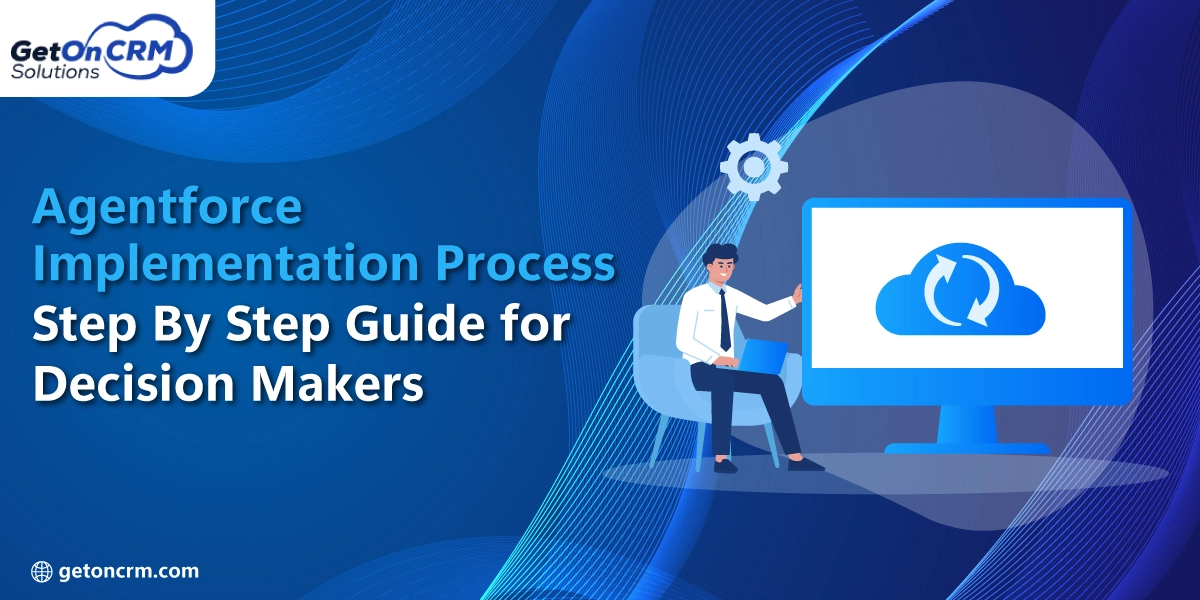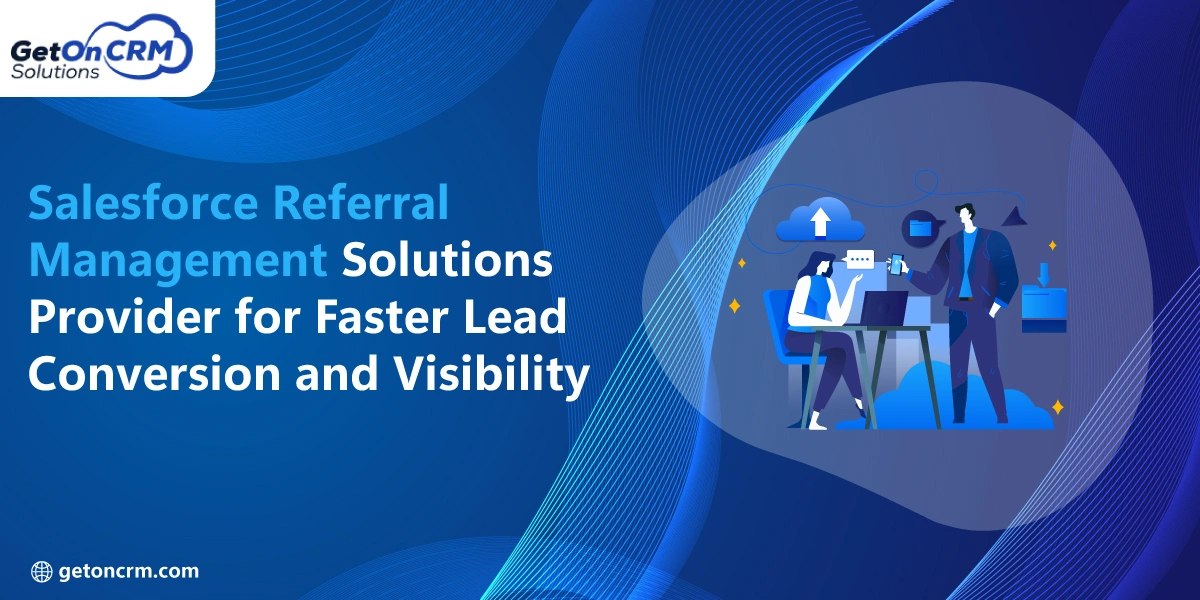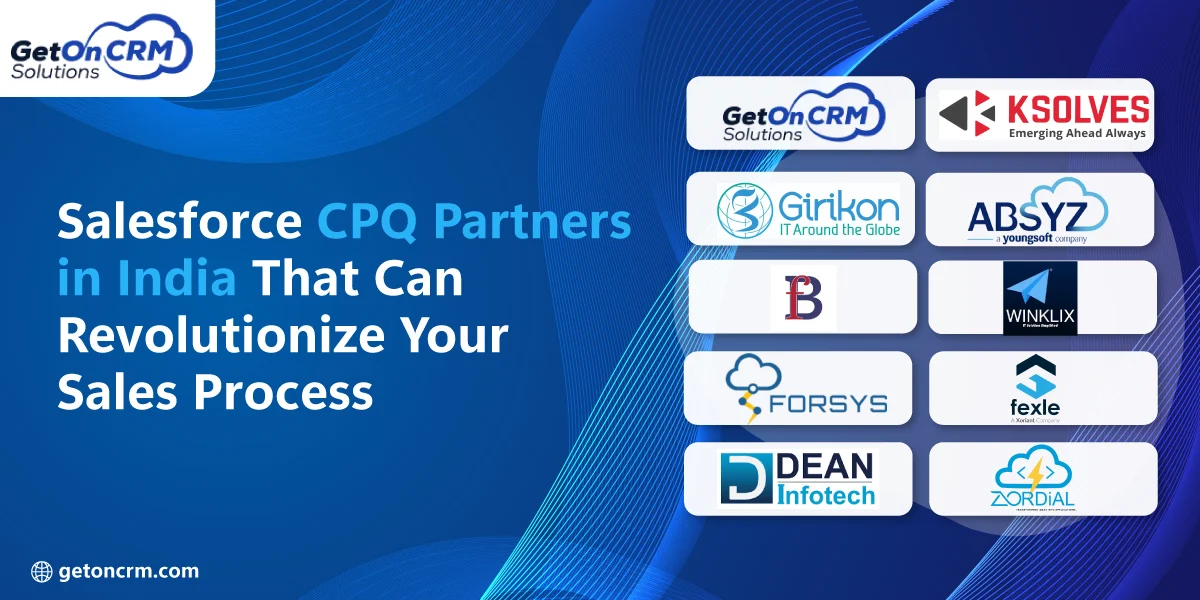What is Healthcare CRM?
Healthcare CRM systems are built to work within a healthcare organization’s unique structure. Healthcare customer relationship management (CRM) is a big business. Healthcare CRM systems automatically unify and harmonize data from Laboratory Information Systems (LIS), billing, supply, courier, payer, and other sources.
Two types of Healthcare CRM:-
- healthcare organization to stay in contact with their patient’s
- healthcare organization to stay in contact with referring organizations
The big question of course, is how to choose the right CRM software for your healthcare organization. This article providing you with the basic facts and resources you’ll need to reach your own conclusion.
The Best CRM Software for Healthcare:-
- Salesforce Health Cloud
- BestNotes
- Zendesk Sell
- Influx MD
- HIPAA CRM
Benefits of a Healthcare CRM:-
- Billing
- Workflow Automation
- Direct Mail Campaigns
- Multi-Platform
- Patient Satisfaction
- Reports and Dashboards
- Billing:-
CRM is an effective piece of software for collecting and updating customer payment details. The bulk of CRM programs come with analytics tools, too, which provide hospitals and medical practices with real-time insights into payment processing.
- Workflow Automation:-
Workflow Automation saves practitioners time and resources and provides patients with a more reliable service. Users can access patient information from a personalized dashboard and offer personalized services based on their previous interactions with the organization.
- Direct Mail Campaigns:-
This allows you to send mail to patients and prospects to remind them about appointments or market your practice. Parents will get reminders to bring their children in for vaccinations before the school season begins, and so on.
- Multi-Platform:-
Multi-Platform allows your doctor to access or input data while away from the office, such as when rounds at your affiliated hospital. A nurse practitioner needs to check on a patient’s chart while in another part of the building.
- Patient management:-
The patient management allows staff to add or update patient records, segment patients to target groups based on conditions, and effectively communicate with patients.
- Reports and Dashboards:-
The CRM needs to have the ability to create customized reports and analyze data and statistics. You might discover that senior patients living in one ZIP code are far less responsive to reminders to come in for a pneumonia vaccination that come by email, but because they all use smartphones, they are happy to get SMS text messages to make an appointment.Think critically and choose carefully, and your healthcare CRM solution will provide measurable ROI for decades to come.



















